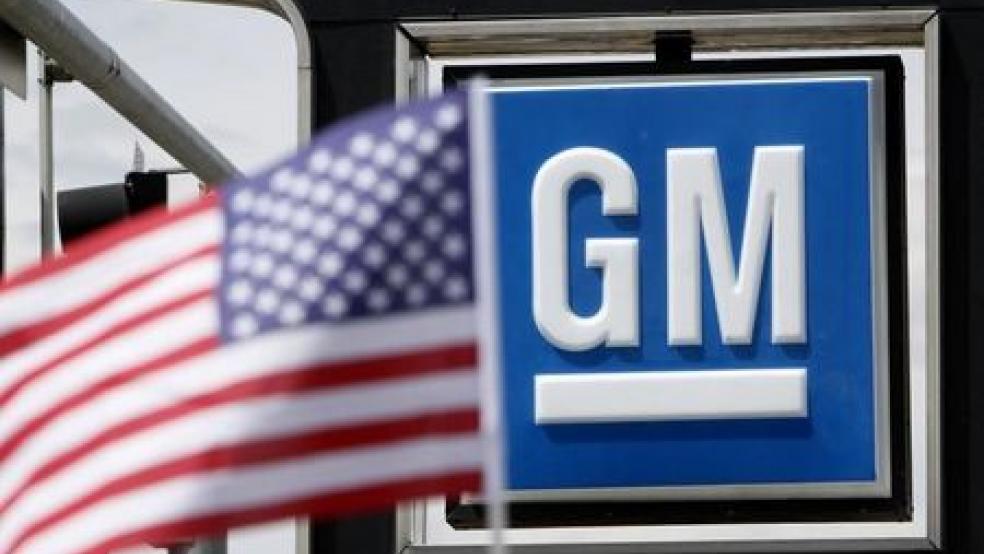General Motors has earned billions of dollars in the decade since its bankruptcy and bailout, but thanks to a provision in the tax code called "net operating loss carryforward," it has paid very little by way of federal income tax during that time — and probably won’t for years to come, CNN reports.
GM posted losses of more than $100 billion from 2005 to 2009, giving it a huge cushion to use in the following years to reduce or eliminate federal income tax obligations. At the end of 2017, the auto giant still had more than $8 billion in losses to use, CNN said, and those tax breaks could be in play for five more years.
Overall, the carryover losses are expected to be worth about $11 billion to GM. That’s more than the $10.6 billion loss the federal government took on its $49.5 bailout of the company in 2008. And it’s far more than any subsidies GM receives from the federal government, which President Trump has vowed to eliminate in retaliation for the company’s recent layoffs and closure of multiple plants in the U.S.
While the tax breaks have been immensely valuable to GM, they had a depressing effect on earnings last year due to the GOP tax bill. GM reported a loss in 2017 for the first time since its bankruptcy in 2009, caused by the decline in value of the future tax breaks it’s still carrying on its books, and the tax bill, which slashed the corporate tax rate, reduced the value of any carryforward tax breaks as well.




